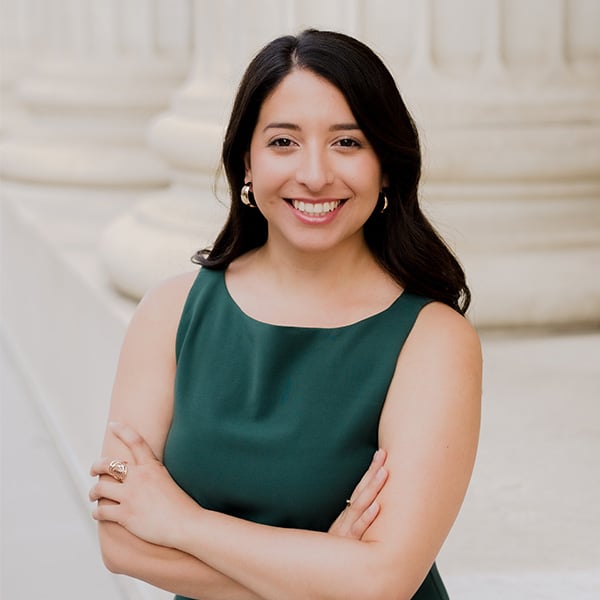Ms. Clarissa Sepulveda, a Chicago Public Schools Pre-K Diverse Learner Teacher at Rodolfo Lozano School, left her previous job as an educator and early intervention provider at a community-based early learning program because she could earn more working in schools.
“First of all, the support at community-based programs is not enough. Our ratio was always super high, the stress was immense for the pay we would get. And you’re talking about people who have so many degrees. I started with my Associate’s, then Bachelor’s, Bilingual Endorsement, Special Education Endorsement. No matter what you got, it didn’t matter.” – Ms. Clarissa Sepulveda
Now, as a school Diverse Learner Teacher, Ms. Sepulveda and her colleagues also constantly witness the lack of support priority populations (e.g., English Learners and students with disabilities) receive in preschool classrooms. To address this and other issues, Governor Pritzker proposed the multi-year Smart Start Illinois plan that will provide an additional $75 million in fiscal year 2024 (FY24) for the Early Childhood Block Grant, a program administered by the Illinois State Board of Education.
The Early Childhood Block Grant provides support for the Preschool for All, Preschool for All Extension, and Prevention Initiative programs. The additional funds will help the state continue increasing compensation and providing support for the early childhood workforce, particularly those employed by community-based organizations or working with infants and toddlers. It will also target child care deserts and will create five thousand new preschool slots. Families and providers across the state have been demanding for more child care and preschool access, and this investment will help create the additional slots needed for more diverse learners, like the students Ms. Sepulveda cares for day in, day out. But supporting and properly compensating the workforce who will care for our children is of top priority. Learn more about how Smart Start will address the workforce compensation issues for community-based providers.


